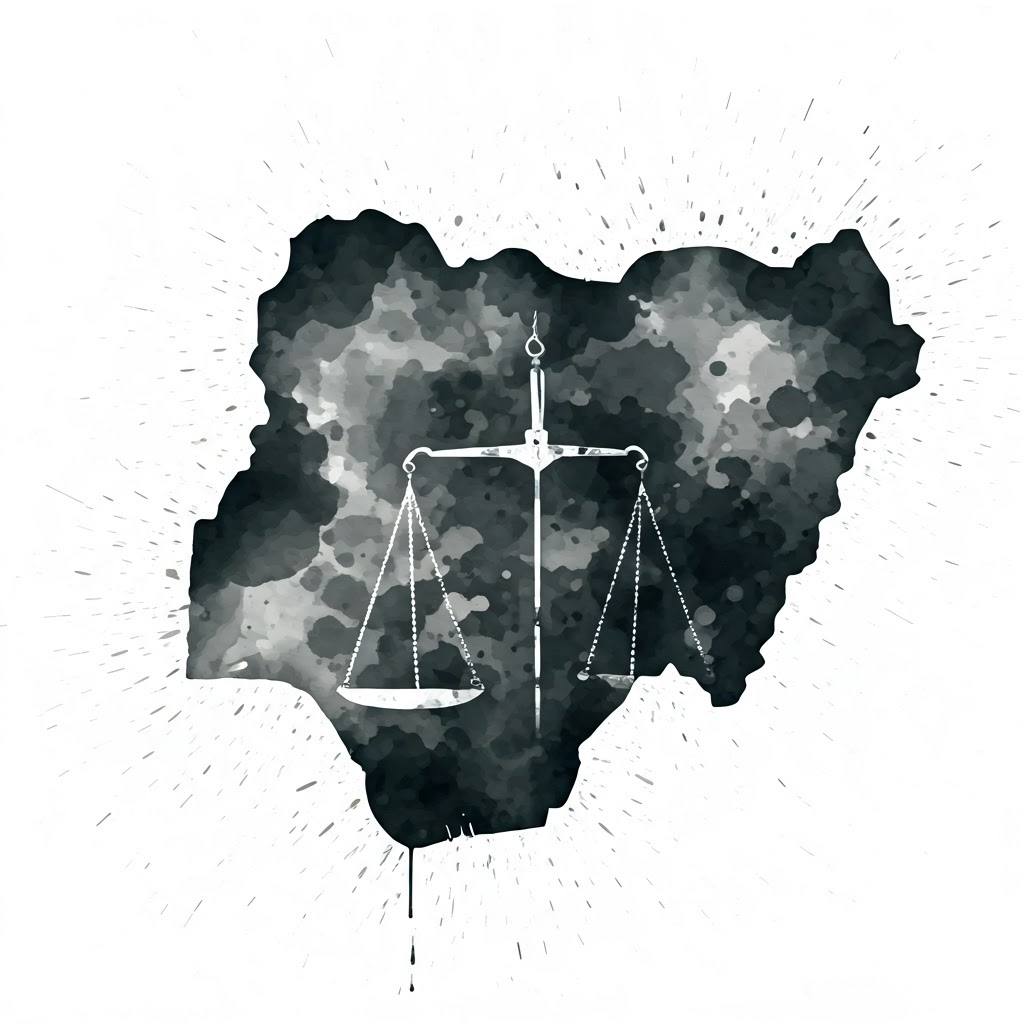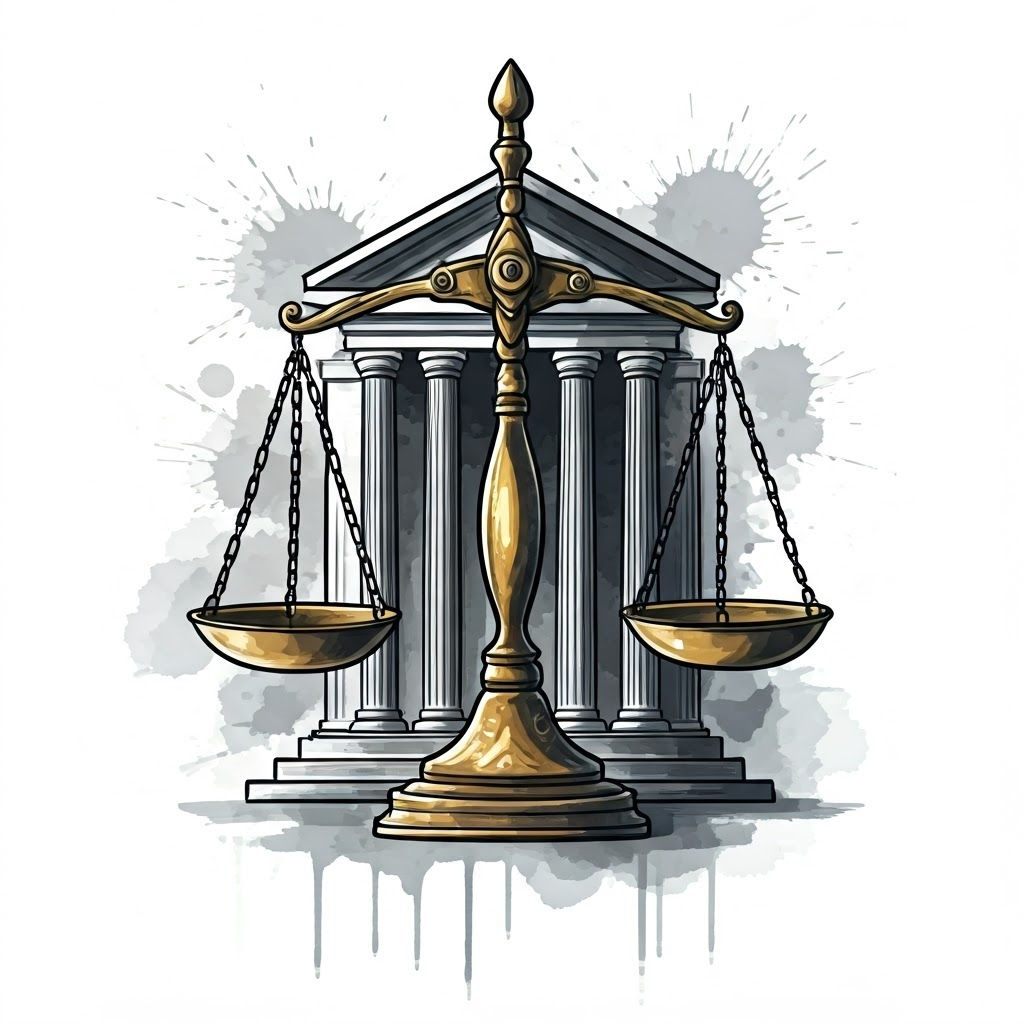In a landmark ruling, the Court of Appeal in Kaduna has issued a stern warning to the Economic and Financial Crimes Commission (EFCC), ordering them to cease interfering in civil business transactions. The court emphasized that the EFCC’s jurisdiction does not cover disputes arising from simple contracts. This decision comes as a significant victory for business owners and reinforces the importance of due process in legal proceedings.
- EFCC reprimanded for overstepping its boundaries.
- Court of Appeal upholds lower court’s decision.
- N1 million awarded in damages for rights infringement.
- Clarity provided on EFCC jurisdiction in business disputes.
EFCC’s Overreach into Civil Matters
The case involved a prominent businessman, Mr. Bela Becker, managing director of DKG ITCC Nigeria Limited, an oil and gas engineering firm. The EFCC accused Becker and his company of misappropriating over N30.4 billion in a transaction with the Nigerian National Petroleum Corporation (NNPC). However, the Court of Appeal dismissed the EFCC’s appeal, siding with the Kaduna State High Court, which had previously ruled in favor of Becker and awarded him N1 million in damages for the violation of his fundamental rights.
Court Condemns EFCC’s Tactics
The Court of Appeal sharply criticized the EFCC’s handling of the case, accusing them of using inflammatory language like “criminal misappropriation” and “criminal breach of trust” to mislead the public and tarnish Becker’s reputation. The court clarified that while criminal elements can sometimes emerge in contractual disputes, the EFCC’s intervention in this particular instance was unwarranted and constituted an overreach of their authority.
Protecting Fundamental Rights in Business Transactions
The crux of the matter revolved around a sub-contract awarded by Becker’s company to Advic Engineering Limited. While acknowledging that a financial dispute existed between the two companies, the court maintained that this was a purely civil matter and not within the EFCC’s purview. The court underscored the importance of respecting the boundaries of legal jurisdiction and safeguarding the fundamental rights of individuals and businesses involved in civil transactions. This ruling clarifies that the EFCC should not be involved in such disputes, which are properly handled within the civil court system.
Repercussions for Abuse of Power
Justice Ntong, delivering the judgment, emphasized the need to hold government officials accountable when they disregard the rule of law. This case serves as a strong reminder that no agency, regardless of its power, is above the law. The significant damages awarded to Becker underscore the seriousness of the EFCC’s misconduct and the court’s commitment to upholding fundamental rights.
Ensuring Fair Play in Business
This landmark ruling sets a crucial precedent, emphasizing that disputes arising from commercial contracts should be resolved through the appropriate civil channels. By preventing the EFCC from intervening in such matters, the court reinforces the principle of a fair and balanced business environment where businesses can operate without fear of undue harassment or interference from law enforcement agencies outside their designated jurisdiction.
Key Takeaways:
- The EFCC’s role is limited to criminal investigations and not civil disputes.
- Businesses have the right to operate without undue interference.
- Fundamental rights must be protected, and abuses of power will be penalized.





